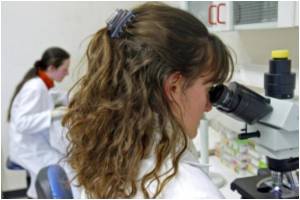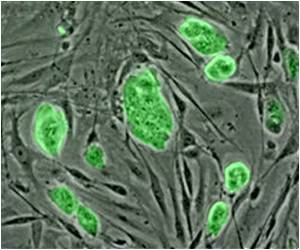
Nagoya, Japan – Professors Kenichiro Itami and Junichiro Yamaguchi of the Institute of Transformative Bio-Molecules (WPI-ITbM) and graduate students Ryosuke Takise and Kei Muto of Nagoya University have succeeded in developing a novel nickel catalyst to catalyze the cross-coupling reaction between carbonyl compounds and phenol derivatives.
Phenol derivatives are known to be readily available starting materials, and this reaction has enabled the facile generation of alpha-arylketone compounds (aryl = aromatic ring; ketone = a carbonyl (C=O functionality with a carbon oxygen double bond) bonded to two other carbon atoms), which constitute the framework of many pharmaceuticals and organic materials. The study published online on May 20, 2014 in Angewandte Chemie International Edition, is expected to become an important tool in synthesizing biologically active molecules and a range of versatile organic materials containing the alpha-arylketone framework.
Cross-coupling reactions catalyzed by transition metals enables direct formation of carbon-carbon bonds, which is widely utilized in the formation of a vast number of organic frameworks. This strategy that won the 2010 Nobel Prize in Chemistry extends to alpha-arylation reactions, which allows incorporation of aromatic rings into carbonyl compounds through carbon-carbon bond formation, mainly using palladium as a catalyst. Many organic molecules such as amino acids contain carbonyl groups. Thus, alpha-arylation, which links carbonyl compounds to aromatic rings present in an array of organic molecules, has been used as one of the main reactions to create the organic backbone of many pharmaceuticals and organic materials.
Professors Itami and Yamaguchi along with co-workers have been working to develop a new economical catalyst to conduct alpha-arylation reactions using readily available phenol derivatives as starting materials. This reaction system is envisaged to lead to the facile production of alpha-arylketones on an industrial scale.
Source-Eurekalert









